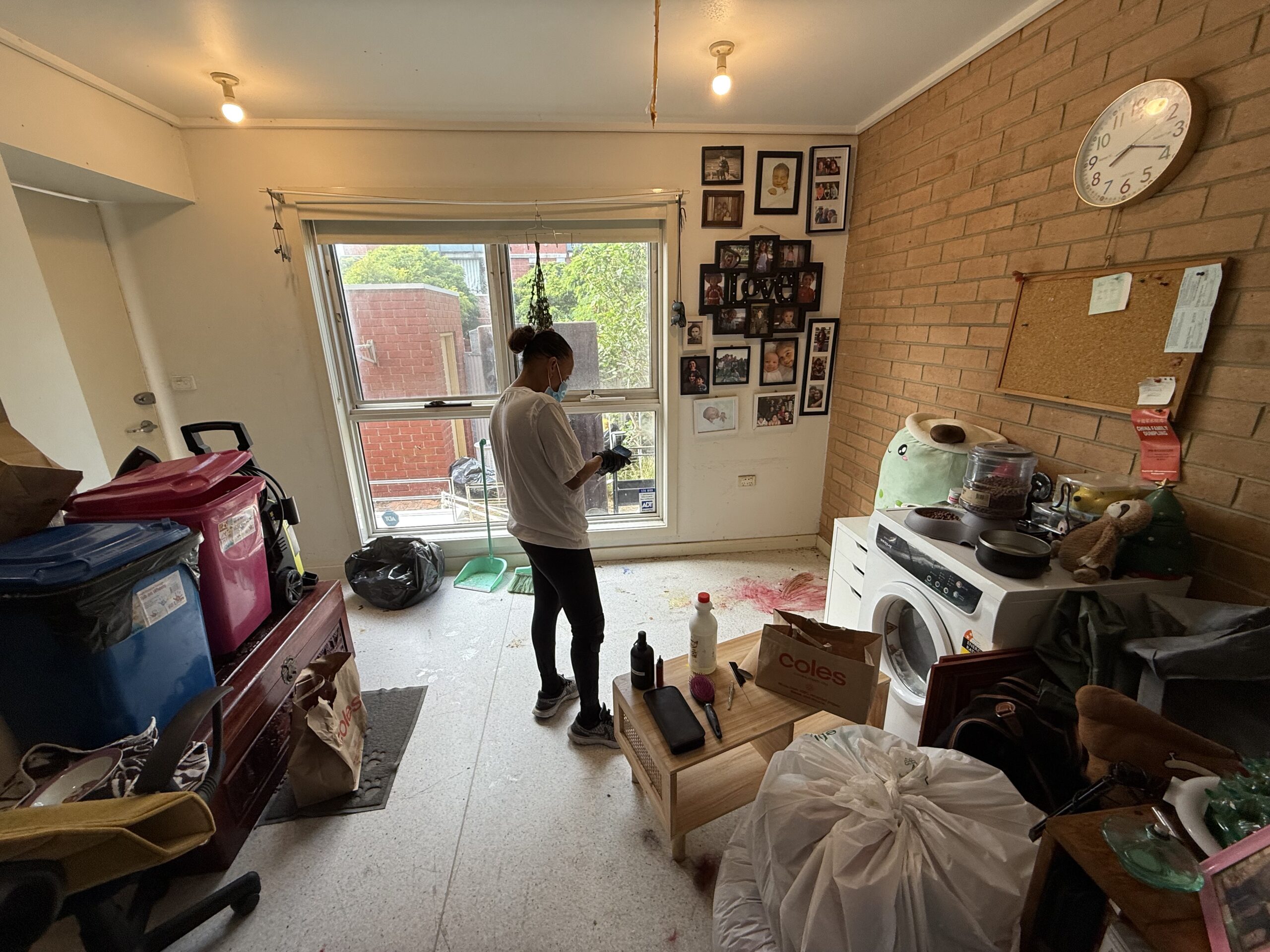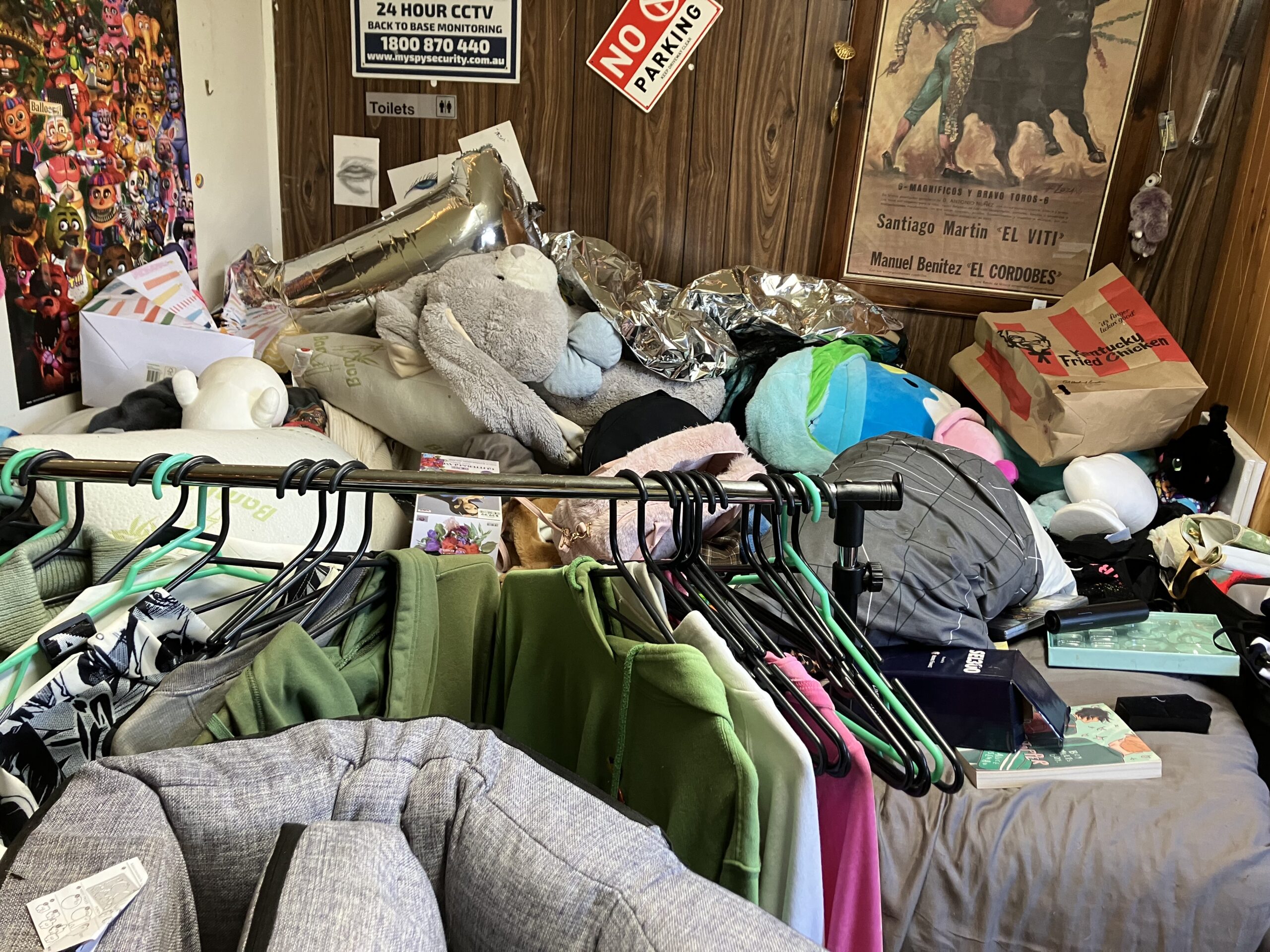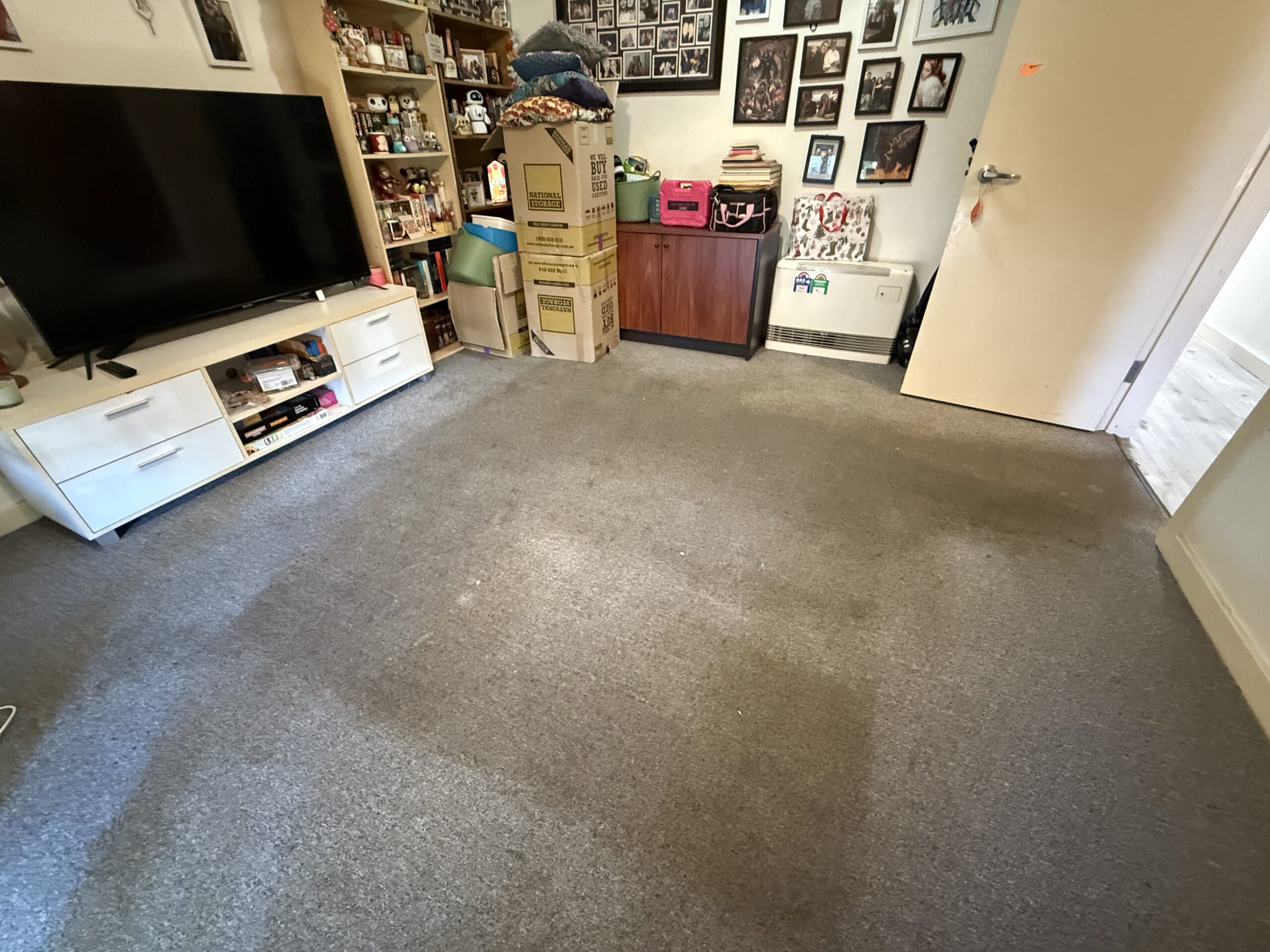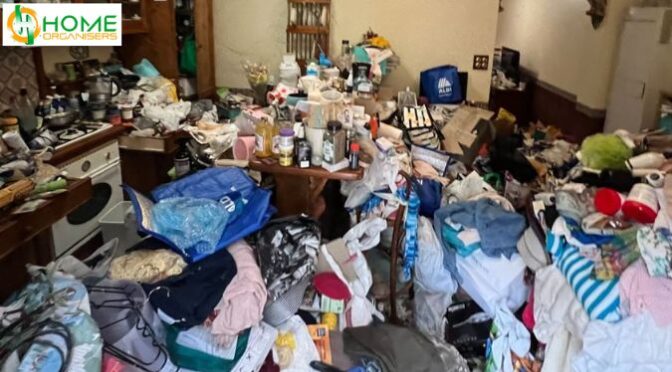Decluttering a home isn’t just about clearing out unwanted items—it’s about restoring peace, pride, and a sense of control. For many people, clutter accumulates during challenging times, such as the loss of a loved one, illness, a hectic lifestyle, or emotional distress. So when we walk into someone’s home to help them declutter, we are stepping into a very personal space, and we must treat it with kindness, care, and respect.
At Home Organisers, we believe that everyone deserves to feel good about their home, regardless of its appearance when we arrive. This blog explores how we can support clients with dignity, without shame, blame, or judgement, and why this approach is vital to their overall well-being.
Why Dignity Matters in Decluttering
Imagine inviting someone into your home and feeling worried they might criticise you. That fear is very real for many people facing clutter. They may feel embarrassed, guilty, or even ashamed. But clutter is not a sign of failure—it’s a sign that life has simply taken over.
When we support someone without shame, we help them feel safe. We show them that we’re here to help, not to make them feel bad. This respect fosters trust and opens the door to genuine change, not just in the home, but in the person’s overall well-being and happiness.
The Link Between Clutter and Mental Health
Clutter can affect mental health more than many people realise. Studies show that a messy or chaotic home can increase feelings of stress, anxiety, and depression. It can be harder to think clearly, sleep well, or even relax when there’s stuff everywhere.
On the other hand, a calm, organised space can make people feel more in control and less overwhelmed. It becomes easier to focus, breathe deeply, and feel calm.
When we declutter with compassion, we’re not just clearing out a room—we’re helping someone feel lighter, more relaxed, and more mentally well. This is part of what we call trauma-informed support—recognising that clutter is often linked to more profound life experiences and emotional pain.
The Emotional Side of Decluttering
Clutter often has emotional ties. A person might hold onto old clothes, papers, or furniture because they remind them of someone they’ve lost or a time they miss. Letting go can feel like saying goodbye all over again.
That’s why it’s essential to proceed slowly, ask gentle questions, and allow the client to make the decisions. It’s not our job to tell them what to keep or throw away—it’s our job to guide them with care.
Using phrases like:
- “Tell me the story behind this”
- “Would you feel better if this had a special place?”
- “Are you ready to part with this, or shall we revisit it later?”
…can help clients feel supported, not pressured.
We also recognise that in some cases, the clutter may be part of a more complex situation, such as hoarding. In those cases, we offer respectful hoarding help, always grounded in patience, empathy, and non-judgment. Respectful hoarding help is about working with the client in a way that honours their feelings and experiences, while still moving forward towards a cleaner, healthier home.

Health and Safety Risks of Clutter
Clutter isn’t just emotional—it can be a health hazard, especially for older people or families with children. Stacks of papers, overflowing cupboards, and cluttered floors increase the risk of trips, falls, and injuries. Dust, mould, and pests can also hide in cluttered areas, leading to allergies and respiratory problems.
By decluttering in a supportive and respectful way, we’re making homes safer, healthier, and easier to live in. And that’s something every family deserves.
How Decluttering Improves Family Life
When clutter takes over a home, it often causes tension between family members. It can be a source of arguments, stress, and even avoidance, where people stop inviting others over out of embarrassment.
Decluttering together can bring families closer. It creates a fresh start and helps everyone feel more comfortable, relaxed, and happy in their shared space.
We always encourage involving family members where appropriate, especially if they live in the home. But we do it with care and never force it—some people need space and privacy to work through things first.
Decluttering Boosts Productivity and Focus
A cluttered space can make even simple tasks feel more challenging. Finding a bill, preparing meals, getting dressed, or doing paperwork can become a time-consuming chore.
Once things are organised, life gets easier. Productivity increases because everything has its designated place, and people stop wasting time searching for things or getting distracted. It’s like clearing the fog from your brain—suddenly, you can think again.
This is especially helpful for clients who work from home or manage family life. A tidy, functional space makes daily routines smoother and less stressful.

Decluttering Uplifts Mood and Confidence
One of the most noticeable transformations we see is in our clients’ moods. After a decluttering session, people often smile more, breathe easier, and stand taller. They take pride in their space—and in themselves.
We always remind clients that the clutter does not define them. Life happens. What matters is the step they’re taking today to move forward.
By supporting clients to declutter without shame, we’re helping them see their strength, not just their stuff.
Decluttering and Financial Well-Being
Believe it or not, clutter can cost people money. When things are disorganised, clients often buy duplicates of items they already own. Missed bills, lost paperwork, or late fees can add up. And when people feel overwhelmed, they may spend impulsively to feel better, adding more to the clutter.
Decluttering helps people see what they have, stay on top of their bills, and make more informed financial choices. It also helps many clients consider selling or donating items they no longer use, giving things a new life and reducing waste.
Privacy and Trust Are Everything
We know how vulnerable it can feel to let someone into your home, especially when things feel out of control. That’s why we treat every client and every home with complete confidentiality.
What we see and hear stays private. We never take photos without permission. We never share stories. We always ask permission before moving or touching personal belongings.
That level of respect fosters trust, making the process smoother and more comfortable for everyone involved.
Decluttering Is a Journey, Not a Race
Every client moves at a different pace. Some are ready to declutter all at once. Others need time—days, weeks, or even months—to work through their things and emotions.
That’s okay.
We work at the client’s pace, not ours. We offer guidance, structure, and encouragement—but never pressure. Our goal is progress, not perfection.
We understand that respectful hoarding help might require more time and patience. Hoarding doesn’t just involve the physical items—it also involves deep emotional ties that need careful, trauma-informed support.

In Summary: Compassion First, Always
Decluttering is not just about bins, boxes, or labels. It’s about people. It’s about dignity. Every person deserves a home they feel proud of—and support that feels safe and empowering.
At Home Organisers, we lead with kindness, not judgement. We focus on solutions, not blame. And we believe that by decluttering with heart, we’re helping people reclaim their space, their calm, and their confidence.
Because when a home feels lighter, life does too.
Ready to transform your home with respectful decluttering? Contact us today for a consultation!
Call us at 03 8583 9103 or email nancy@homeorganisers.com.au.
Visit homeorganisers.com.au to learn more.



